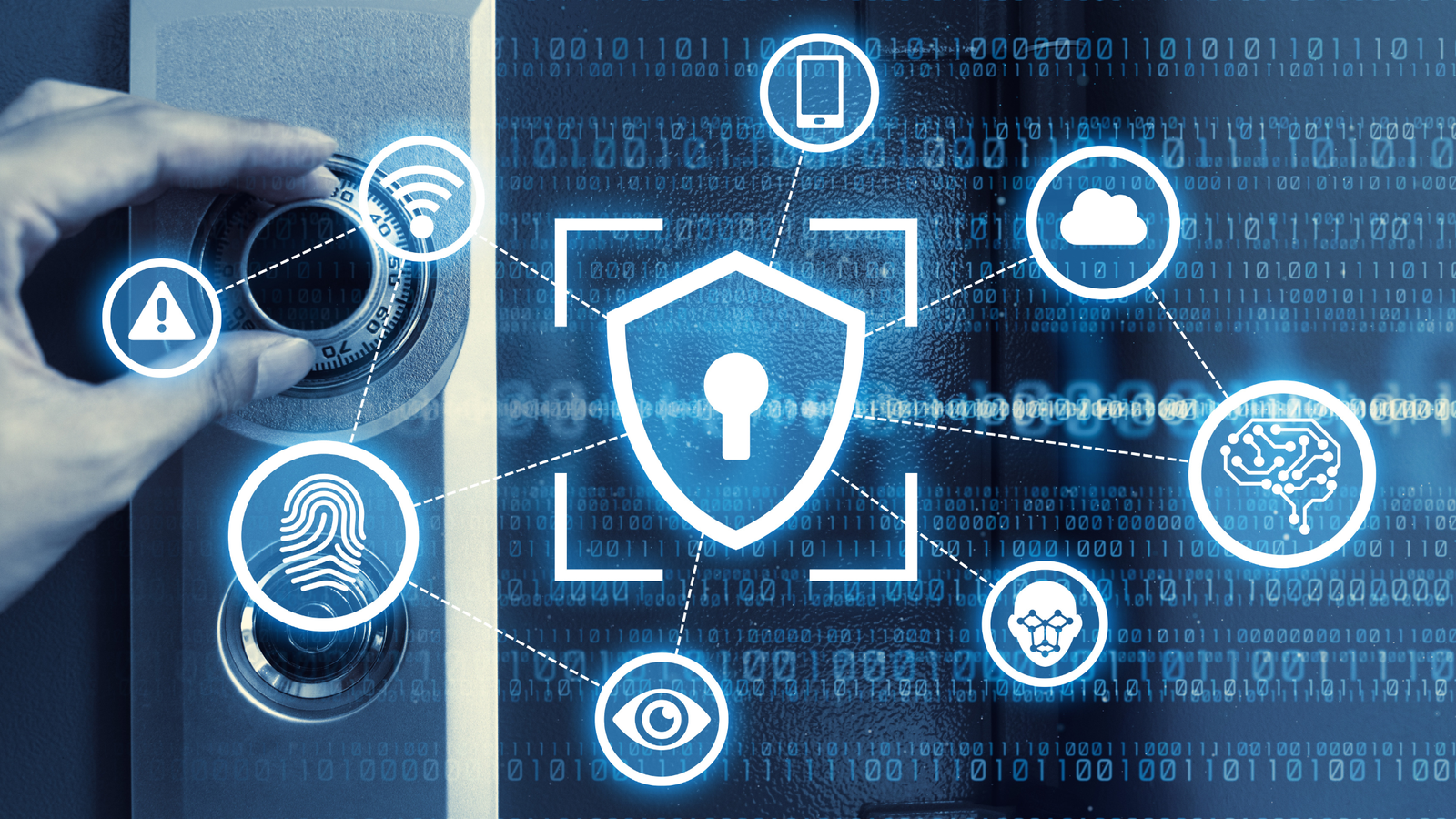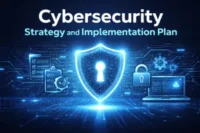Best Cybersecurity Books for Beginners: Top 10 Picks to Kickstart Your Learning
Published: 14 Aug 2025
Cybersecurity books for beginners are the perfect first step if you want to protect yourself online, explore ethical hacking, or prepare for a tech career. While videos and online courses are helpful, books offer structured, detailed learning that’s easy to follow and refer back to.
But with so many choices, it’s tough to decide where to start. Should you pick a general introduction, a hacking manual, or a privacy guide? In this blog, we’ve handpicked 10 of the best cybersecurity books for beginners based on how easy they are to read, how much value they provide, and what skills they teach. You’ll also find recommendations from Reddit users, PDF resources, and tips on choosing your first cybersecurity book.
Why Start with Cybersecurity Books?
Before diving into the list, here’s why books are such a strong learning tool for beginners:
- They provide a learning path – You can progress from basic concepts to advanced techniques step-by-step.
- Experts write them – Many are authored by industry veterans, certified professionals, or ethical hackers.
- They go deeper than short-form content – Blogs and videos often scratch the surface. At the same time, books give context, history, and theory.
- They’re accessible – Many are available in paperback, Kindle, or PDF to learn anywhere.
1. Cybersecurity for Dummies – Best First Read
If you’re looking for the best book for cybersecurity for beginners, this is your safest choice. Written by Joseph Steinberg, it covers everything from creating strong passwords to defending against phishing scams.
Why it’s great for beginners:
- Uses plain language without heavy jargon.
- Covers personal, business, and network security.
- Includes tips you can apply immediately.
Who should read it: Anyone who feels intimidated by tech terms but still wants a solid cybersecurity foundation. This is also an excellent resource for non-IT professionals who want to understand workplace security.
2. The Art of Invisibility – Privacy from a Hacker’s View
Written by Kevin Mitnick, one of the most famous ethical hackers, this book is among the best books on cybersecurity for beginners interested in privacy and anonymity.
Highlights:
- Teaches you how to stay hidden online.
- Explains how everyday devices collect your data.
- Offers practical steps for securing communications.
Who should read it: If you’re concerned about tracking, surveillance, or online identity theft, this book is an eye-opener.
3. Hacking: The Art of Exploitation – Understand Hacker Mindsets
Jon Erickson’s classic is one of the best books to learn cybersecurity for beginners who want to think like hackers. Unlike theory-only books, it shows how code and security flaws interact.
What’s inside:
- C programming basics for security.
- Real hacking techniques explained.
- A LiveCD with a Linux environment for practice.
Who should read it: Anyone with some technical curiosity who wants hands-on learning about vulnerabilities.
4. The Web Application Hacker’s Handbook – Web Security in Depth
If you’re interested in securing websites, this book belongs in your collection of books for cybersecurity beginners. It’s written by Dafydd Stuttard and Marcus Pinto, two respected penetration testers.
What you’ll learn:
- How to test for SQL injection, XSS, and CSRF.
- Tools for web application testing.
- Real-world case studies from security audits.
Who should read it: Beginners aiming for a career in ethical hacking or web development security.
5. Security+ Guide to Network Security Fundamentals – Certification-Friendly

This is one of the top cybersecurity books for beginners if you plan to take the CompTIA Security+ exam. Written by Mark Ciampa, it covers the core topics you need for certification.
Features:
- Chapters on networks, cryptography, and access control.
- Review questions after each section.
- Updated to match current exam objectives.
Who should read it: Beginners aiming to get a recognized security certification.
6. Reddit’s Top Pick – The Practice of Network Security Monitoring
If you browse best cybersecurity books for beginners Reddit threads, you’ll see this book recommended often. Richard Bejtlich, a former U.S. Air Force officer, walks you through monitoring and incident response.
Why Reddit loves it:
- Strong focus on real-world security operations.
- Shows how to detect and respond to intrusions.
- Useful for anyone interested in SOC (Security Operations Center) work.
7. Penetration Testing: A Hands-On Introduction to Hacking – Learn by Doing
Georgia Weidman’s guide is the ultimate cybersecurity for beginners book for people who learn best through practice. It’s a step-by-step introduction to ethical hacking.
What’s included:
- Setting up your own hacking lab.
- Performing attacks in a safe, legal environment.
- Using tools like Metasploit and Nmap.
Who should read it: Anyone interested in penetration testing as a career.
8. Practical Malware Analysis – Inside the Mind of Malicious Code
Michael Sikorski and Andrew Honig created one of the most respected malware books. If you can find the cybersecurity for beginners book PDF legally, it’s worth having for reference.
Content highlights:
- How to dissect malware safely.
- Static and dynamic analysis techniques.
- Case studies of real malware.
Who should read it: Intermediate beginners ready to explore malware research.
9. Blue Team Handbook – Defense Strategies
Often listed in cybersecurity books for beginners PDF lists, this pocket guide is great for defenders. It focuses on incident response and is formatted for quick reference.
Why it’s valuable:
- Concise, no-fluff instructions.
- Covers key defense tactics.
- Handy size for carrying around.
10. Black Hat Python – Coding for Security Experts
Justin Seitz’s book is a must-read for technical learners and is one of the most exciting books for cybersecurity beginners who like programming.
Key topics:
- Writing Python scripts for security tasks.
- Network packet sniffing and analysis.
- Building custom hacking tools.
Who should read it: Beginners with basic Python knowledge looking to develop custom tools.
Where to Find Cybersecurity Books in PDF Format

If you prefer eBooks, you can legally download cybersecurity books for beginners PDF from:
- Publisher sites like O’Reilly and Wiley.
- Library services such as OverDrive or Libby.
- Free academic sources like MIT OpenCourseWare
| Tip |
|---|
Avoid pirated copies many affordable and legal options exist. |
How to Pick Your First Cybersecurity Book
Choosing your starting point can be easier if you follow these steps:
- Decide your goal – Privacy, hacking, certifications, or general awareness.
- Read reviews – Look for comments on readability and beginner suitability.
- Start small – Shorter books are less intimidating.
Final Thoughts
Starting your journey with the best cybersecurity books for beginners will give you the knowledge and confidence to explore more advanced topics.
Pick one book from this list, read it thoroughly, and apply what you learn. Over time, you can move from beginner-friendly guides to specialized books on ethical hacking, network defense, and malware analysis. Cybersecurity changes fast, so make learning a habit—and you’ll always stay ahead of the threats.
FAQs- About Cybersecurity Books for Beginners
The best cybersecurity book for beginners is Cybersecurity for Dummies by Joseph Steinberg. It uses simple language, covers both personal and professional security, and requires no technical background.
If you want to learn cybersecurity from scratch, start with Hacking: The Art of Exploitation by Jon Erickson. It explains how hackers think and includes hands-on examples to build real skills.
Yes, you can learn cybersecurity basics from books, but to master it, you should also practice through labs, simulations, and online challenges. Books give you theory; practice builds skill.
Yes, some publishers and universities offer free cybersecurity books for beginners in PDF format. Legal sources include O’Reilly trial accounts, Open University, and MIT OpenCourseWare.
On Reddit, popular beginner cybersecurity books include The Practice of Network Security Monitoring by Richard Bejtlich, Black Hat Python by Justin Seitz, and Cybersecurity for Dummies.

- Be Respectful
- Stay Relevant
- Stay Positive
- True Feedback
- Encourage Discussion
- Avoid Spamming
- No Fake News
- Don't Copy-Paste
- No Personal Attacks

- Be Respectful
- Stay Relevant
- Stay Positive
- True Feedback
- Encourage Discussion
- Avoid Spamming
- No Fake News
- Don't Copy-Paste
- No Personal Attacks





